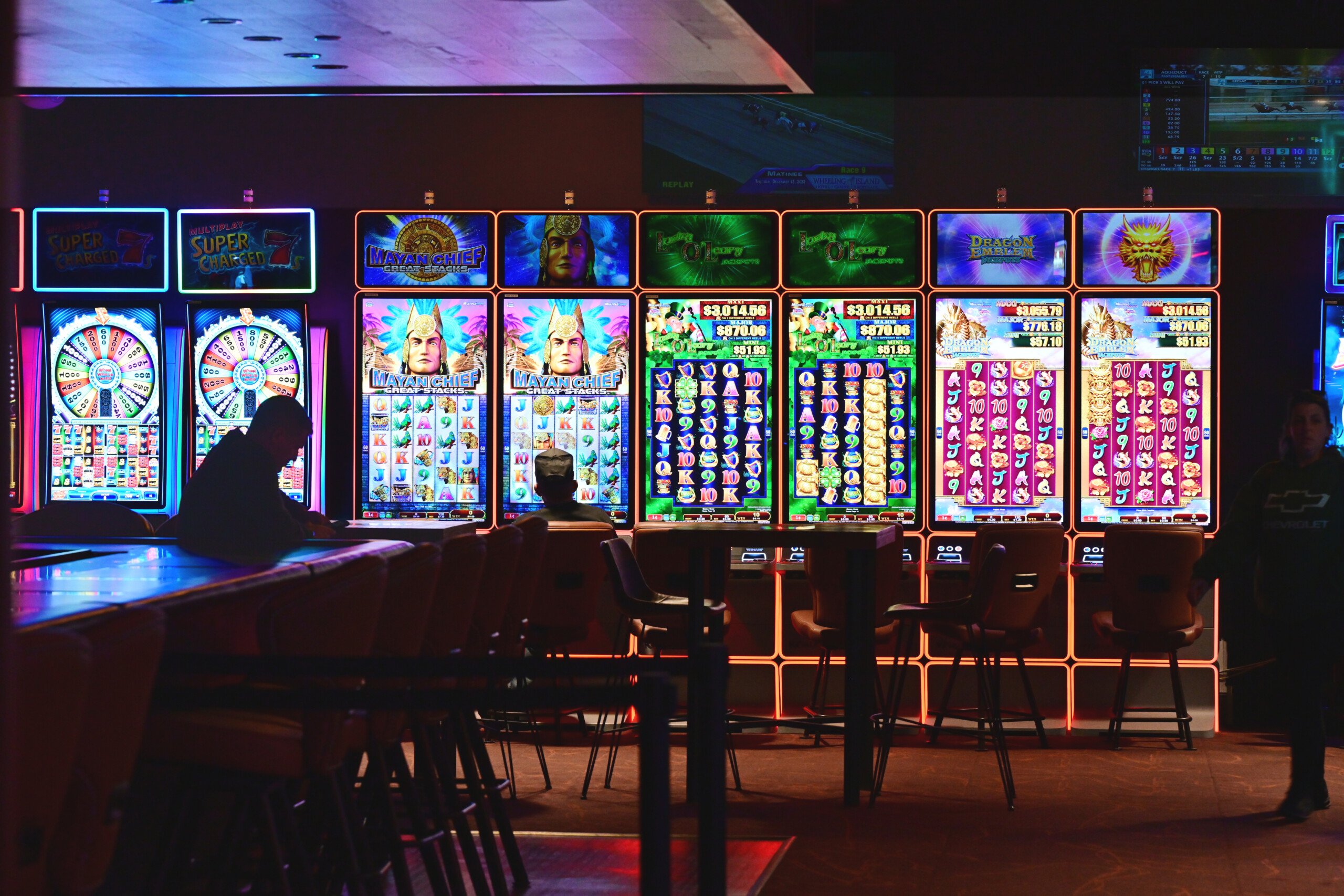
Gambling games have long captured the fascination of humans around the planet, becoming an essential part of both fun and culture. From the shimmering lights of Las Vegas to the immersive experience of internet gambling, these games evoke enthusiasm, danger, and sometimes even a sense of remembrance. They are not just simply pastimes; they have woven themselves into the tapestry of human experience, influencing various aspects from movies and songs to fashion and writing.
The appeal of casino games transcends the betting aspect, tapping into broader themes of luck, possibility, and social interaction. As players assemble around a card table or spin the roulette wheel, they engage in an timeless ritual that resonates with our collective desire for excitement and unpredictability. This fascination has led to the growth of countless references in cinema, music, and video games, showcasing how intensely entrenched these games are in mainstream culture. Whether it is the high-stakes tension of a legendary heist movie or the lively nightlife portrayed in videos, casino games have carved out a substantial role that reflects our connection with risk.
Social Impact of Casino Games
Casino games have played a pivotal role in social aspects throughout the ages. Originating from ancient societies, forms of chance were often linked to rituals or events. For instance, early iterations of gambling can be linked back to ancient Chinese and the Roman Empire, where dice games and betting on outcomes were common pastimes. These activities not only served as leisure but also as means of connecting people, facilitating connections among people within communities.
As cultures evolved, so did the sophistication and structure of gambling games. The creation of formal casinos in the 17th century, particularly in the Italian region, marked a significant shift in how games were perceived and organized. With designated spaces for gaming, the casino became a community center where patrons from various backgrounds convened. This change contributed to the validation of gambling, transforming it from a mere pastime into an organized industry that influenced the economy and regulations.
The impact of casino games on mainstream culture cannot be understated. As they were brought into the limelight in books and movies, games such as poker and blackjack became icons of chance, luck, and tactics. Iconic characters and stories have developed around these activities, reflecting societal attitudes towards luck, wealth, and immorality. This fascination with casino games has permeated various forms of media, cementing their status in the public imagination and connecting them to broader cultural narratives throughout history.
Portrayal of Gambling Games in Entertainment
Gambling games have long been a popular subject in different types of entertainment, reflecting both the thrill and nuances of the world of gambling. Films such as Ocean’s Eleven and Casino Royale portray characters who navigate dangerous scenarios, showcasing not only the attractiveness of the casino atmosphere but also the strategies and decisions that come with playing popular games like Texas Hold’em and blackjack. These films often dramatize the excitement of winning and the potential consequences of losing, encapsulating the dangers involved in gambling.
Television shows have also explored the universe of gambling activities, often integrating them into the storyline as a context for character arcs and drama. Shows like Vegas depict the lives of gambling employees and customers, highlighting the dynamic, often disorderly energy of the casino floor. Docuseries featuring high-stakes gambling competitions further emphasize the appeal of gambling activities, drawing viewers into the excitement and strategy involved in each game. Through these representations, media not only amuses but also stimulates conversations about luck, expertise, and the essence of chance.
Gaming have increasingly incorporated casino games into their development, allowing players to recreate the feeling of betting without financial exposure. Titles within the domain of online gaming often include virtual slots, poker, and other popular casino games, creating an engaging environment that mirrors real-life gameplay. These virtual portrayals make gambling activities accessible to a global audience, appealing to both risk-takers and those who enjoy the thrill of virtual experiences. As a consequence, the portrayal of gambling activities in entertainment continues to shape societal views and cultural relevance, highlighting their place in society and culture.
Impact of Casino Games on Society
Gambling activities have a significant effect on communities, influencing multiple facets of societal norms and social behavior. They often function as a platform for social interaction, where people come together to enjoy a shared experience. Game nights with friends or visits to casinos become group events that foster connections and create memories. https://keonhacai.camp/ This collective aspect boosts the entertainment value of casino games, making them a popular choice for festivities and leisure activities.
Additionally, gambling activities have been depicted in numerous films, television shows, and literature, shaping perceptions and opinions towards gaming and gaming. Icons like James Bond competing in baccarat or the intense poker scenes in films have embedded these games in the shared imagination. This depiction often glamorizes the culture associated with casino activities, attracting new players and impacting trends in both style and behavior. These portrayals can spark curiosity and lead to a deeper exploration of the intricacies of gaming.
However, there are also adverse implications linked to the widespread appeal of casino games. The allure of quick monetary gain can lead to problem gambling and financial troubles for some individuals. The community must grapple with these consequences, advocating for responsible gambling and awareness of the dangers involved. Balancing the fun aspect of gambling activities with the potential for harm is crucial to ensure that they continue to be a positive aspect of our cultural landscape.